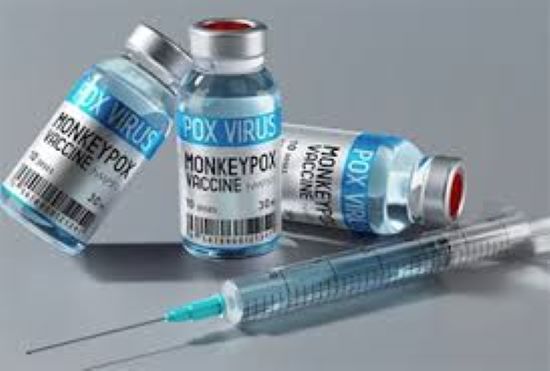In a significant move to combat the ongoing Mpox outbreak, UNICEF has announced the launch of an emergency tender to procure vaccines, a vital step in addressing the public health emergency declared by the Africa Centres for Disease Control and Prevention (Africa CDC) and the World Health Organization (WHO).
This initiative is a collaboration with Africa CDC, Gavi, the Vaccine Alliance, WHO, the Pan American Health Organization, and other partners to secure and distribute vaccines to the hardest-hit countries.
With over 18,000 suspected cases and 629 deaths reported this year in the Democratic Republic of the Congo alone, where four out of five deaths have been children, the need for rapid intervention is urgent. UNICEF’s emergency tender will establish conditional supply agreements with vaccine manufacturers, allowing for swift procurement and shipment once countries secure financing, confirm demand, and meet regulatory requirements.
ALSO READ [INSIDE VIEW] The Global Response to Mpox: A Feeling of Déjà Vu? By Janeen Keller and Javier Guzman
“Addressing the current Mpox vaccine shortage and delivering vaccines to communities who need them now is of paramount importance,” emphasized Leila Pakkala, Director of UNICEF’s Supply Division. Dr. Jean Kaseya, Director General of Africa CDC, echoed this sentiment, highlighting the importance of a swift and equitable vaccine allocation across the continent.
ALSO READ WHO reports 18,000 suspected mpox cases, 629 deaths in DRC
The WHO is currently reviewing submissions from vaccine manufacturers and expects to complete its Emergency Use Listing review by mid-September. This process is crucial for enabling UNICEF and its partners to purchase and distribute the vaccines without delay.
In addition to vaccines, the partnership also focuses on infection prevention, risk communication, and community engagement. UNICEF is deploying a range of medical supplies, including personal protection equipment, diagnostic tests, and treatment kits, to support the countries most affected by the outbreak.
This coordinated effort underscores the global commitment to curbing the spread of Mpox and safeguarding vulnerable populations, particularly children, in crisis-hit regions.



